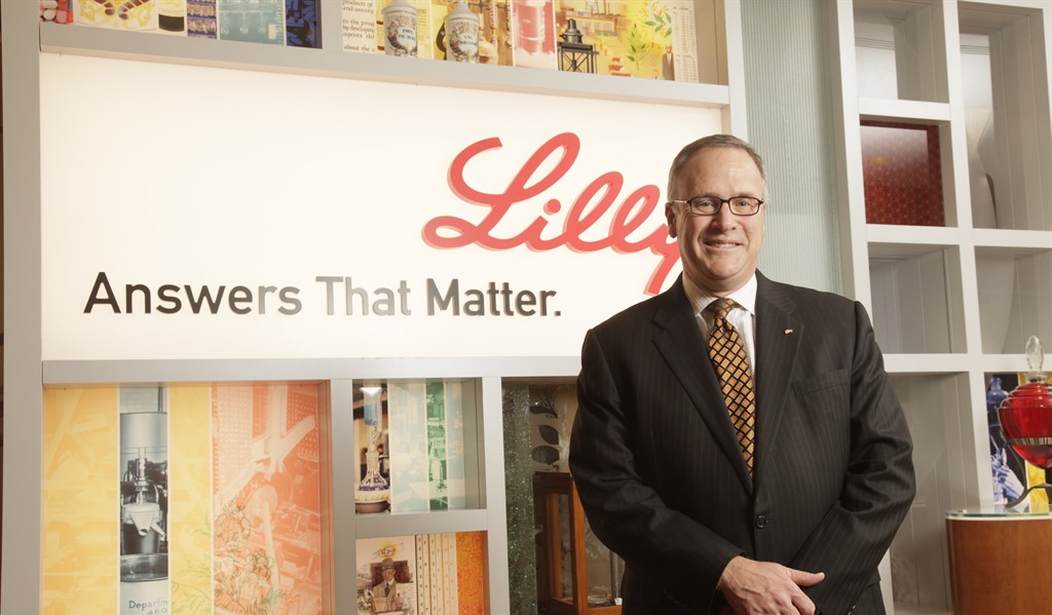"Fascism should more appropriately be called Corporatism because it is a merger of state and corporate power." ―Benito Mussolini
According to federal law, so-called “compounding facilities” are permitted to produce what amount to knock-off versions of commercially available, FDA-approved drugs when said drugs are found to be in “short supply” — a vague term that, as we now see, lawyers can and will quibble over, as their industry boils down to doing the most tedious sophistry imaginable in thousand-dollar suits.
Related: Doctor Warns of ANOTHER 'Alarming' Side Effect of 'Miracle' Weight Loss Drug
Via United States Food and Drug Administration (emphasis added):
Generally, when an FDA approved drug is on FDA’s drug shortages list some federal law restrictions may be lifted, such as restrictions on compounding drugs that are essentially copies of approved drugs. However, other requirements remain, and compounded drugs may not be able to meet these federal law restrictions…
Section 503A of the FD&C Act restricts compounded drugs that are essentially copies of commercially available drugs, but certain amounts are permissible under the law as long as the compounding is not done “regularly or in inordinate amounts.”
A drug is not considered to be commercially available if it is on FDA’s drug shortages list and limitations are lifted in these circumstances.
Accordingly, with blockbuster drugs like Eli Lilly’s Mounjaro, billions of dollars in profit are on the line in determining what amounts to a “shortage” or not of a particular product. (For the record, there is and has been an empirical shortage of these drugs for some time now based on supply and demand.)
Related: HHS Set to Roll Out Bird Flu Vaxes by the Millions
The FDA recently sided with, coincidentally, the bigger industry player with the deeper pockets and a reliable track record of “campaign donations” (bribes) paid to politicians and regulators.
Via Reuters (emphasis added):
A drug compounding industry group on Monday sued the U.S. Food and Drug Administration over its decision to take Eli Lilly’s (LLY.N) blockbuster weight loss and diabetes drugs off its list of medicines in short supply last week.
Shortages of drugs such as Lilly's Mounjaro and Novo Nordisk's (NOVOb.CO) Ozempic have fueled demand for compounding facilities' own versions of the medicines.
In a lawsuit in Fort Worth, Texas federal court, the Outsourcing Facilities Association claims the FDA removed Lilly's tirzepatide from the list even though it remains in short supply. Lilly sells the drug under the brand names Zepbound for weight loss and Mounjaro for diabetes.
The FDA did not give the public a chance to weigh in on its decision and trusted assurances from Lilly, "the company that is self-interested in monopolizing the market," that it could meet projected demand, the lawsuit said.
While there is almost certainly institutionalized corruption at play here, the deeper issue seems to me that tirzepatide — the active ingredient in these Eli Lilly products — is essentially just an analog of a naturally occurring human hormone called gastric inhibitory polypeptide (GIP).
Compounding it is relatively easy by simply looking at a sample human hormone and mimicking it with some semi-sophisticated lab equipment. Should a human hormone even be patentable at all? What about testosterone, or estrogen, or any other hormone? What about human organs? What about humans themselves?
Will Eli Lilly get away with its monopolistic stranglehold on the industry — and increasingly the blueprint of life itself? If the top recipient of its “campaign contributions” this cycle, Mamala Harris, as documented by Open Secrets, has anything to say about it, then almost certainly yes.










